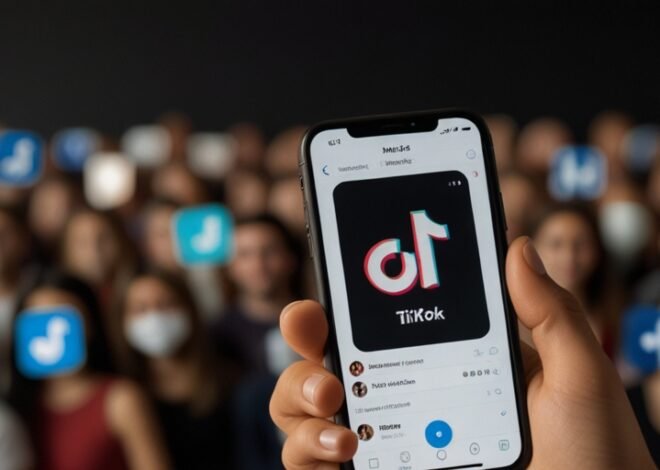
South Korea Cracks Down On Social Media Deepfakes
As part of efforts to tackle the increasing rate of sex crimes in cyberspace and the circulation of obscene deepfake materials, South Korean officials have disclosed their intend to improve cooperation with social networks including Telegram. The Korea Communications Standards Commission (KCSC) on Wednesday announced that they will seek to ask more social media platform companies to remove and restrict sexually explicit deepfake videos, which have emerged as a rising issue in the nation.
This initiative has been prompted by the growing public and political concern spurred by local media reports that sexually explicit deepfake images and videos of South Korean women were found in CT groups on the Telegram application. The KCSC ‘ s Chairman Ryu Hee-lim pointed out the problem as follows, asserting that producing, possessing, and distributing the deepfake sex crime videos is equivalent to gross violations of individual dignity and personal rights.
In response to this issue, in addition to implementing various measures, the KCSC intends to create a consultation mechanism for improving cooperation with social media companies relating to the deletion and blocking of sexual deepfake content. For the companies having no offices in South Korea, the commission is to establish the direct contact to consult for normal meeting. Apart from Telegram, the KCSC also plans to engage the other leading platforms, including X, which was formerly Twitter; Facebook and Instagram from Meta; and YouTube from Google.
There is pressure in the current society because deepfake sex crime cases in South Korea have increased over time. The police records revealed that such cases have increased from 156 recorded in 2021 on the onset of compilation, to 297 in the current year so far. More to the point, most of the culprits are teenagers, and most of the targets are female: schoolgirls, and female soldiers in the South Korean military.
In order to support the victims, a hot line will be launched and the number of regulatory staff working in the sector, which is at present 70, will be doubled. Korean National Police Agency has also launched a seven-month operation to curb sexual crimes through the Internet.
They have received more attention after the arrest of Pavel Durov, the Russian born founder of Telegram in France in a probe concerning sharing of material with the intention of committing child pornography, drug trafficking and fraud on the encrypted messaging app. Thus, it has only worsened the criticisms towards Telegram in South Korea and an urge for better methods in preventing such abuse.
The extent of the problem is well reflected by the demand on the KCSC, as apparent by the number of calls on help. Sexually explicit deepfake material was the most frequently requested content type in South Korea this year with 6,445 requests submitted so far this year; the commission reported 6,982 cases in which it agreed to assist in removing sexually explicit deepfake content in all of last year.
While South Korea struggles with aforementioned digital threat, the authorities’ active participation in interaction with the social media platforms can be viewed as the significant step toward protection of citizens’ rights and their dignity on the Web. The outcomes of these attempts are going to hinge upon the extent to which technology industry players will be receptive to compliance and the extent to which adopted measures will help to reduce the proliferation of toxic content.


